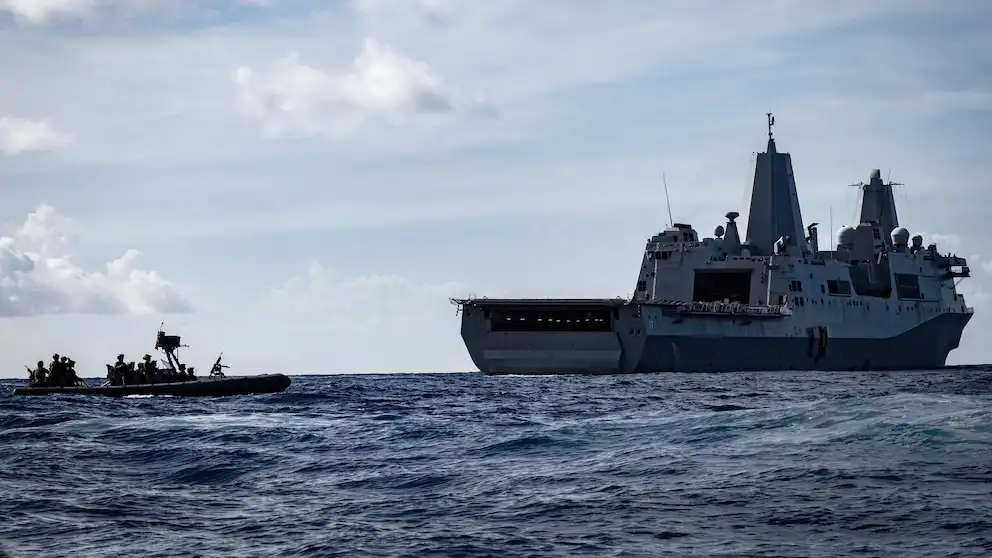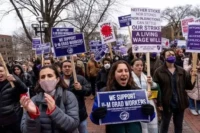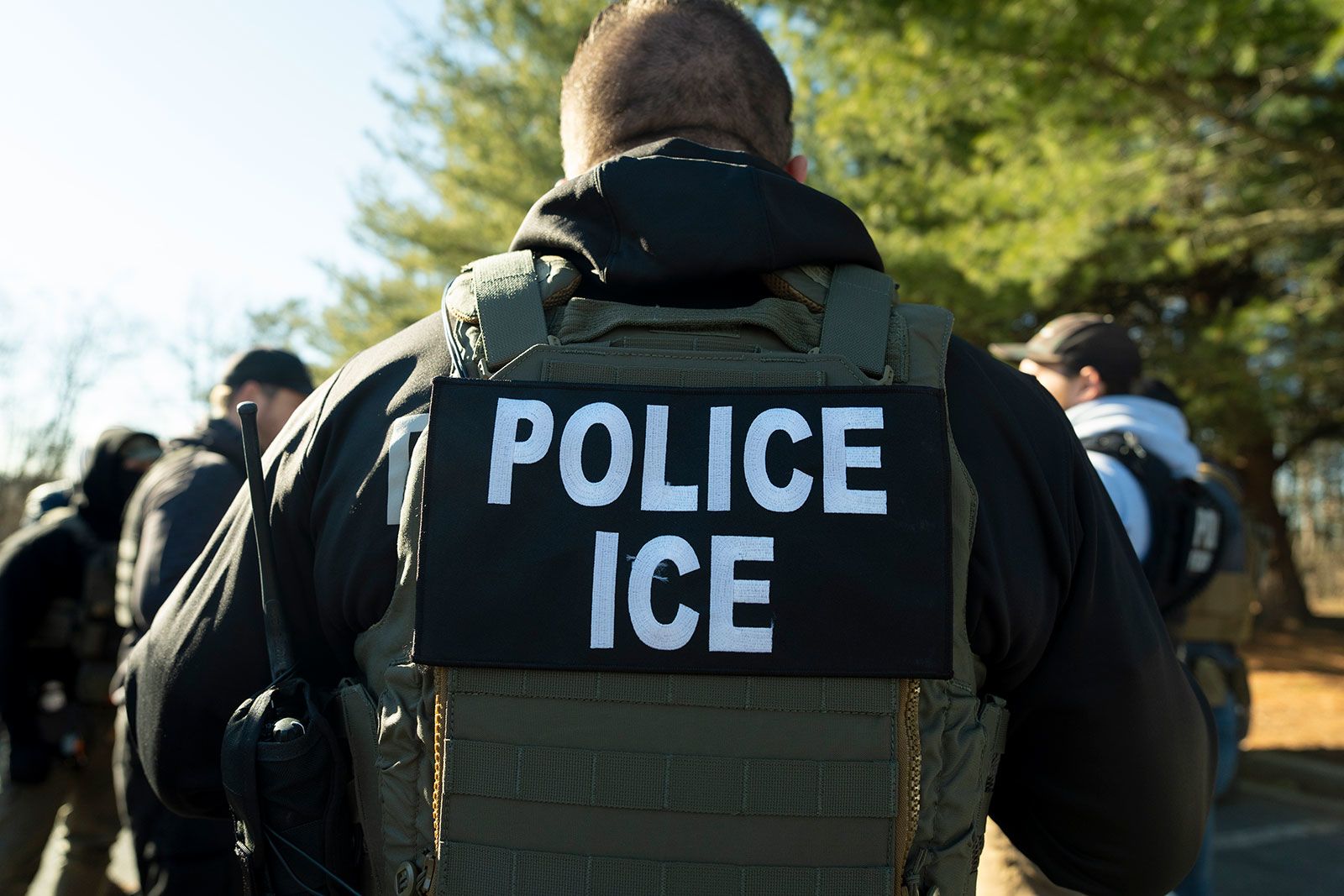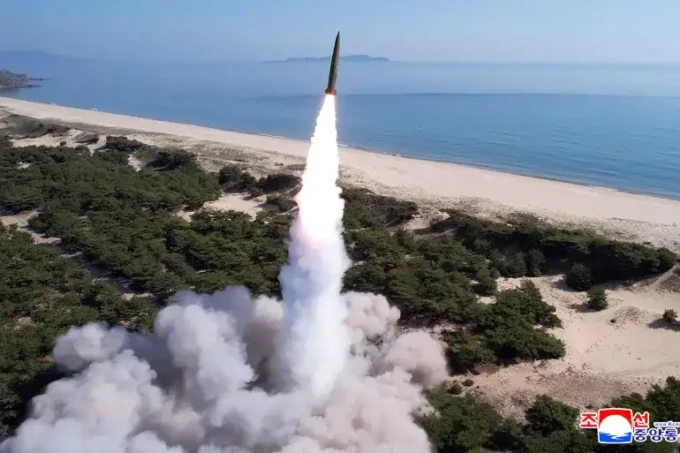U.S. military escalated its counter-narcotics operations by striking a suspected drug vessel in the Caribbean Sea, marking a significant shift in tactics. This operation resulted in the presence of survivors, a notable departure from previous strikes that left at least 27 dead and no reports of survivors. An anonymous U.S. official confirmed the strike but did not disclose details about the survivors or their status, leaving questions about whether they received aid or are currently in U.S. custody.
The Pentagon, which describes targets as “narcoterrorists,” has faced scrutiny over the legality and ethics of these military actions. The Trump administration defends the operations as part of a broader strategy to combat Venezuelan-based narcoterrorism amid rising tensions and military buildup in the region. However, there have been calls for the United Nations to condemn the strikes, highlighting concerns over Venezuela’s sovereignty.
In addition, changes in military leadership have raised apprehensions. Leadership in the region has shifted from Southern Command to the II Marine Expeditionary Force, with Admiral Alvin Holsey expected to step down early. These developments have prompted concerns among U.S. lawmakers regarding the strategic direction of military policy in the Caribbean.
As the situation evolves, debates over the legality and morality of using lethal force against alleged drug traffickers without due process are intensifying. The fluidity of the situation underscores the complexities involved in the U.S.’s military operations, with ongoing investigations and international discussions about the implications of such strategies.












Leave a comment